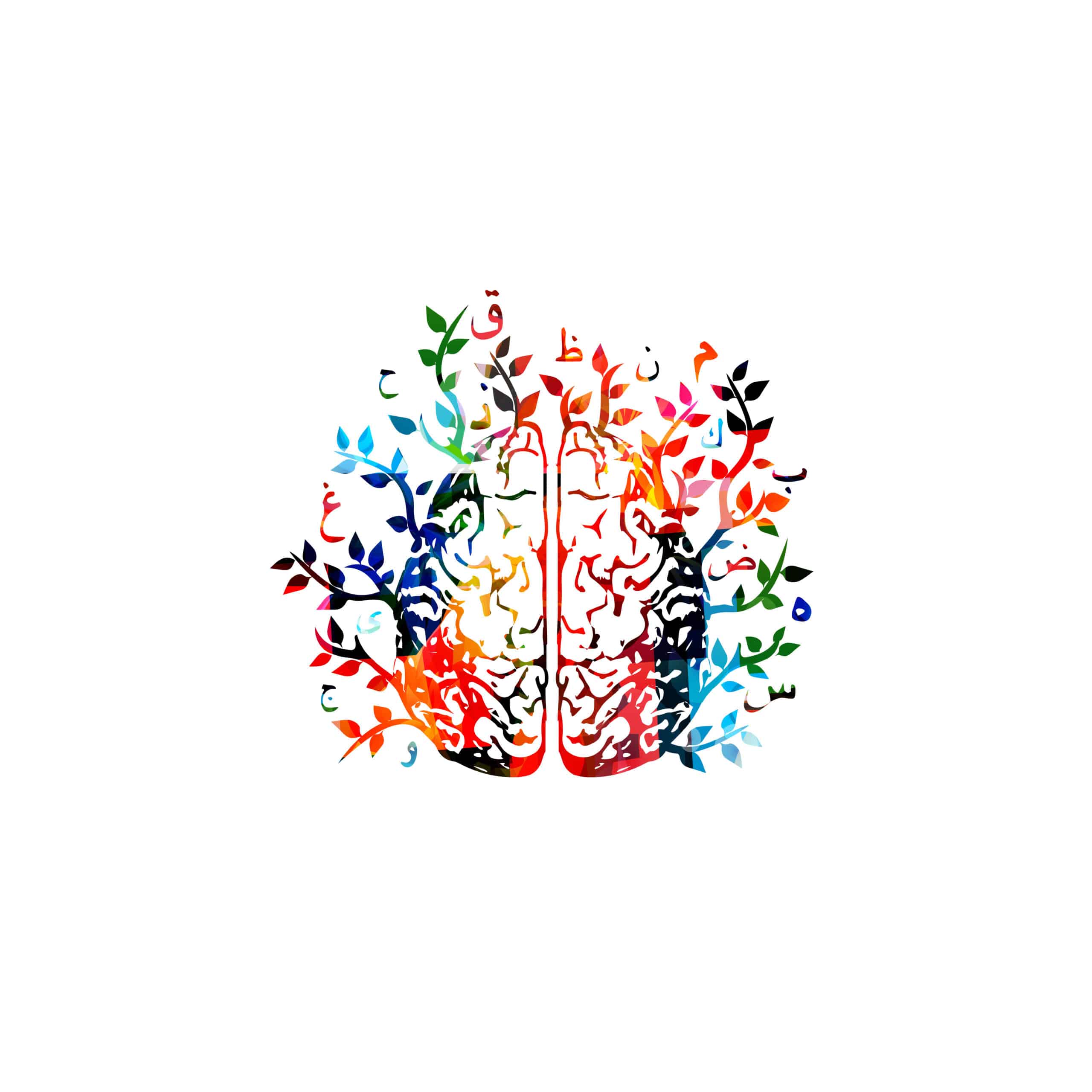Below are six powerhouse nutrients for healthy brain function and longevity – each vital in maintaining healthy neural function and protecting from age-related decline.
Omega-3 Fatty Acids
Approximately 60% of the brain is comprised of fat, half of which is made of omega-3 fatty acids used to build brain and nerve cells. Omega-3 fatty acids are essential for brain health and longevity as they have neuroprotective and anti-inflammatory properties, foster communication between brain cells, and reduce oxidative stress. Studies have shown that these nutrients may help prevent Alzheimer’s disease and dementia and enhance cognitive function.
The standard American diet is very high in Omega-6 fatty acids and low in Omega-3, increasing the risk of cardiovascular disease and cancer. However, incorporating more omega-3 fatty acids can be accomplished easily through dietary interventions, often without the need for supplementation.
Food sources include: fatty fish (salmon, albacore tuna, sardines), soybeans, nuts, flaxseed, and other seeds.
B Vitamins
This family of vitamins assists nerve-brain communication and can help slow cognitive decline in older adults by lowering homocysteine levels. B vitamins are essential to the neurochemical synthesis of many neurotransmitters, and deficiency can cause memory loss, nerve damage, and mood disorders.
B vitamins such as thiamin and niacin help metabolize nutrients for energy, while vitamins B12 and folate can help protect against dementia and Alzheimer’s disease.
Food sources include: fresh fruits and vegetables, lean proteins, eggs, brown rice, cottage cheese, avocado, and whole grains.
Magnesium
This mineral is essential for learning, long-term memory, and overall brain health as it protects the brain from neurotoxins. Along with reducing excitotoxicity, magnesium has direct anti-inflammatory effects and enhances antioxidant status. Studies have also shown that increasing magnesium levels in the brain can reverse deteriorating neuroplasticity.
Food sources include: Nuts, seeds, dark greens, whole grains, fruits, dark chocolate, beans, and nuts
Choline
One of the most potent brain health-boosting nutrients is choline, which is involved in synthesizing acetylcholine – an important neurotransmitter. The nutrient can also reduce neuroinflammation and neuronal death; recent scientific findings suggest that lifelong choline supplementation may ameliorate Alzheimer’s disease pathology and associated cognitive decline.
Due to current dietary patterns, it is estimated that only 10% of Americans consume the recommended amount of choline per day, suggesting the potential need for supplementation to achieve such neuroprotective benefits.
Food sources include: eggs, soybeans, fatty fish, liver, red potatoes, and fiber-rich quinoa.
Vitamin E
Vitamin E is an important antioxidant that can prevent or decelerate cognitive decline and improve memory during the brain aging process. It is believed to reduce oxidative stress caused by free radical exposure and can delay or even prevent Alzheimer’s disease progression.
Although vitamin E deficiencies are considered rare, those with this deficiency can experience nerve and muscle damage, vision problems, and a weakened immune response.
Food sources include: Nuts, seeds, avocado, tofu, whole grains, and green, leafy vegetables.
Lutein
Optimal brain function depends on lutein, the dominant carotenoid in the brain that can be found in every part of the brain. Contributing to brain health by quenching free radicals, lessening inflammation, and increasing neurotrophic factors, lutein also greatly benefits cognition, aiding in learning and memory. According to a joint Abbott and UIC study, seniors with the highest blood lutein levels showed superior ability to use skills and information acquired throughout the lifetime. Furthermore, research has also found that lutein levels in the eye are positively associated with visual processing speed and thus, alertness and brain readiness.
Food sources include: spinach, kale, corn, pumpkin, sweet potatoes, egg yolks, and avocados.
Key Takeaways:
Incorporating these six nutritional super-stars into the diet regularly can help support optimal brain health, protect against decline associated with aging, and promote longevity.




